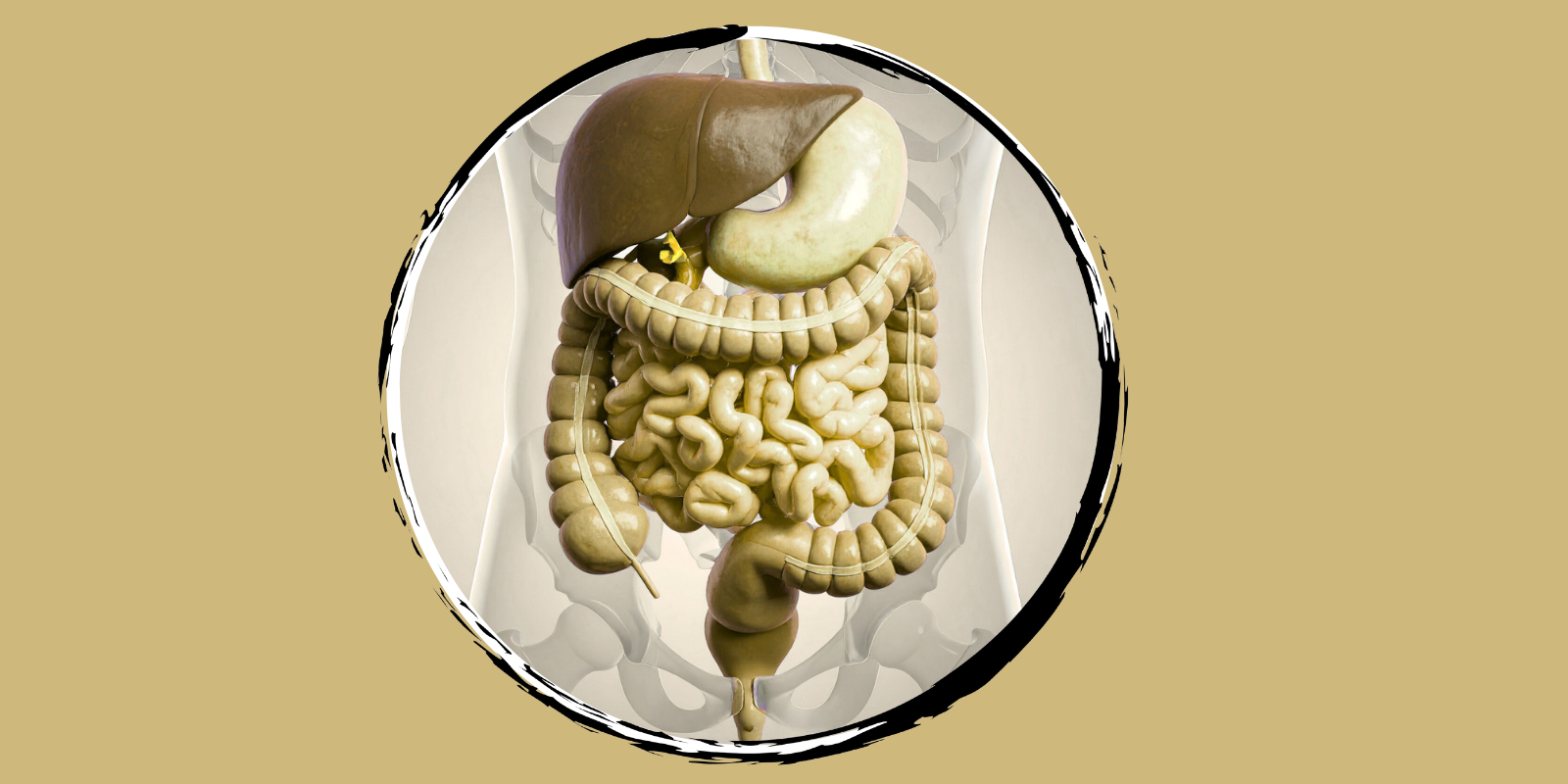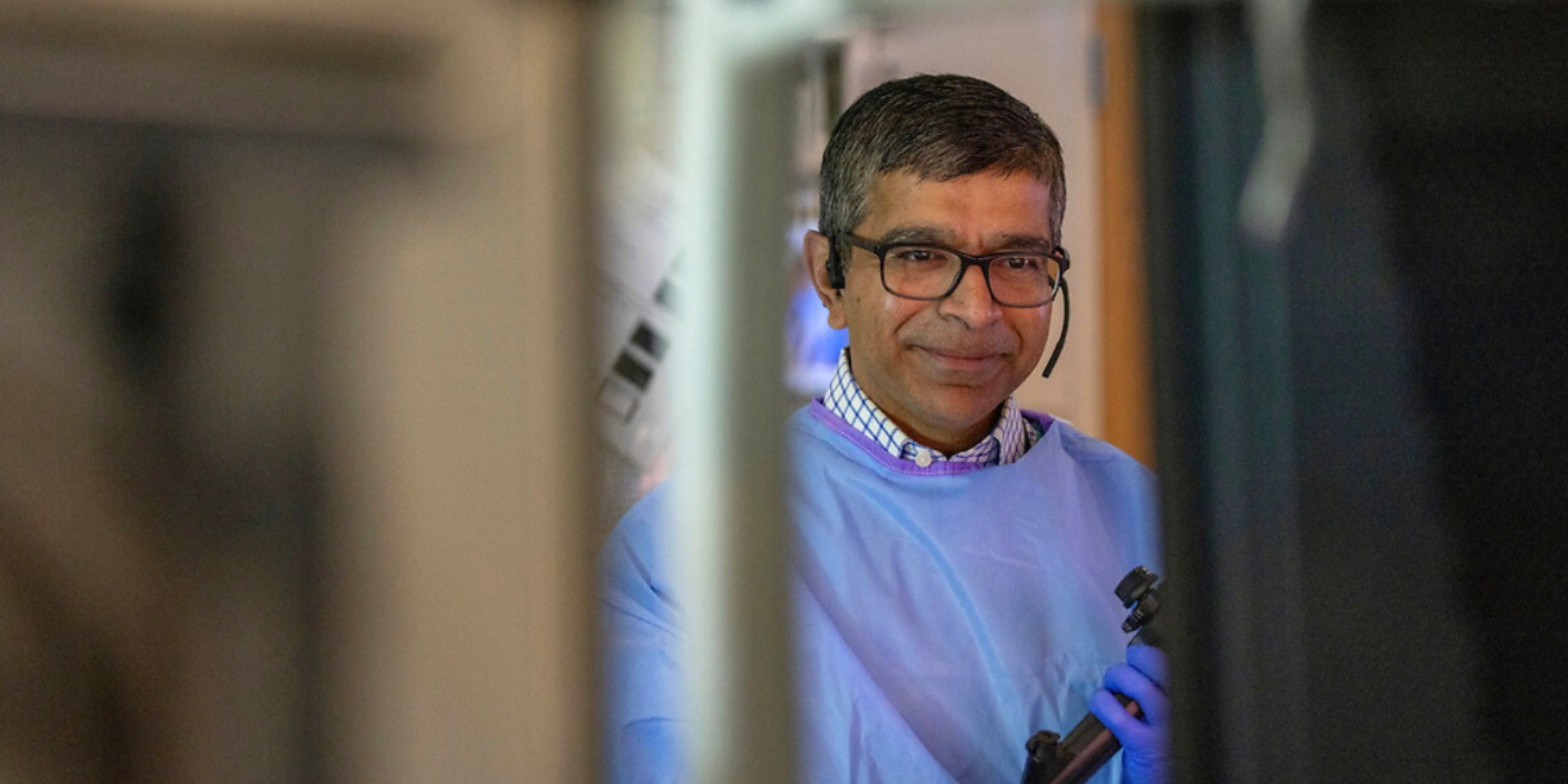What is esophageal cancer?
Esophageal cancer is cancer that arises in the esophagus – a hollow, muscular tube that is about a foot long. It helps pass food and liquids from the back of the mouth to the stomach. The esophagus lies just behind the trachea and in front of the spine. Esophageal cancer begins in the cells that line the inside of the esophagus.
What are the types of esophageal cancer?
The different types of esophageal cancer are named after the types of cells that are involved. There are two main types:
- Adenocarcinoma: This is the most common type of esophageal cancer in the United States and occurs most often in white males. It starts from the glandular cells of the esophagus and is most commonly found in the lower esophagus near the stomach.
- Squamous cell carcinoma (SCC): Begins in the squamous cells that line the esophagus and is most commonly found in the upper and middle part of the esophagus. This type of esophageal cancer is not as common.
What are the main risk factors for esophageal cancer?
Main risk factors for esophageal adenocarcinoma include:
- Long-term heartburn or reflux
- Barrett’s esophagus (Barrett’s esophagus is a condition where the cells lining the esophagus change over time due to chronic acid reflux)
- Obesity.
Main risk factors for esophageal SSC include:
- Alcohol
- Tobacco use
Symptoms and signs of esophageal can include:
- Trouble swallowing
- Chest discomfort
- Indigestion
- Heartburn
- Weight loss
- Chronic cough or hoarseness
How do you diagnose esophageal cancer?
Esophageal cancer is typically diagnosed through a procedure called upper endoscopy (EGD) & biopsy. During the procedure the patient is sedated and a thin tube is inserted through the mouth into the esophagus. A camera on the end of the tube allows doctors to see inside the esophagus and take small tissue samples of any concerning areas. These samples are then sent to a lab to see if they contain cancerous cell. If the samples contain esophageal cancer cells, the patient will undergo further testing to determine the best treatment plan.
How is esophageal cancer treated?
Treatment for esophageal cancer depends on the stage of disease and the patient’s overall health. Treatment plans often involve chemotherapy, radiation and/or surgery. If the cancer is found early enough, it may be treated by an endoscopic resection, or using an endoscope to cut out the cancer.
Getting care at the University of Colorado Cancer Center
At the CU Cancer Center, the Esophageal & Gastric Multidisciplinary Clinic brings together a team of experts including surgeons, gastroenterologists, radiation oncologists, medical oncologists, nutritionists, and social workers, to analyze each patient’s situation & recommend an individualized treatment plan tailored specifically for them.



